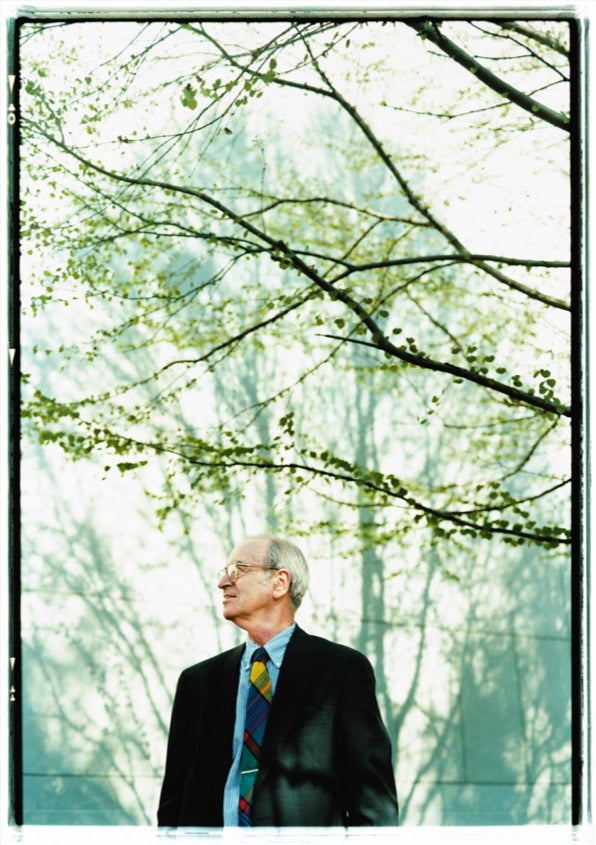What Should a Justice Do?
Justice Antonin Scalia ’60 went duck hunting with Vice President Dick Cheney three weeks after the Supreme Court agreed to hear Cheney’s appeal of a lower court order that he turn over records of the closed energy task force meetings he held in 2001. Later, amid calls for him to recuse himself, Scalia said, “It’s acceptable practice to socialize with executive branch officials when there are not personal claims against them.” (He added, “Quack, quack.”) Before the case was heard in April, we asked Professor Andrew Kaufman ’54, a former member of the advisory committee on judicial ethics in Massachusetts, what he thought Scalia should do, and he didn’t duck the question:
“If you are asking me how I would advise Scalia, I would say that he should not sit. It is the combination of Scalia and Cheney spending a fair amount of time together in a social and nonpublic setting and the nature of the case, where the issue does not involve naming Cheney a party in some formal, almost technical way. The case has a political setting in which the plaintiffs are seeking information about the meetings of the energy task force that Cheney convened, apparently with heavy energy industry participation, and Cheney is resisting making any disclosures about those meetings. His own personal official conduct is at issue, and so this is quite different from situations to which Scalia has referred as justifying his conduct–such as the official annual visit of the Supreme Court justices to the president. As a former law professor, Scalia ought to be able to see the distinction between those types of situations.”
